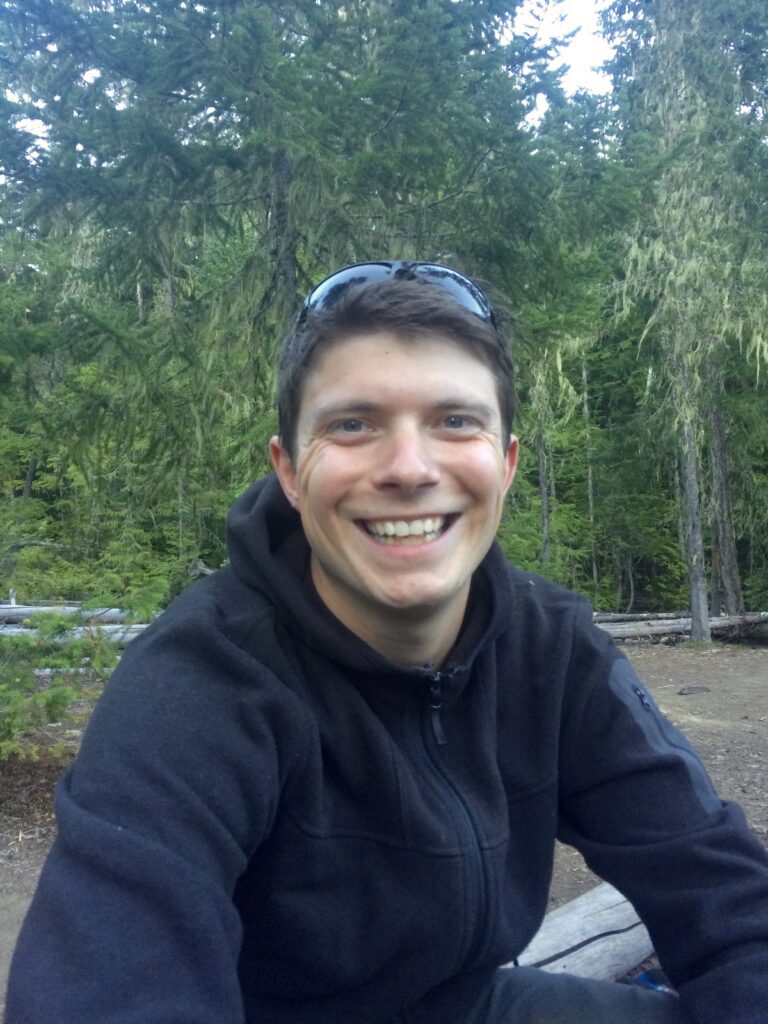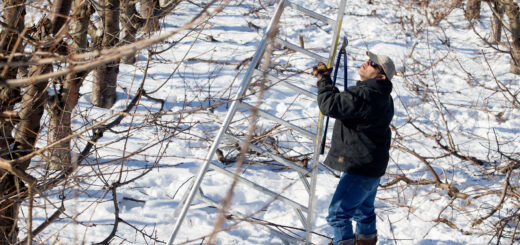Methow Conservancy exploring ways to bridge the social divide
(Editor’s note: This is the second of three columns focusing on the book: Dividing Paradise: Rural Inequality and the Diminishing American Dream by WSU sociologist Jennnifer Sherman)
In an increasingly challenging social environment of gentrification and growing income inequality, the Methow Conservancy is actively involved in convening community conversations to address the impacts.
As WSU sociologist Jennifer Sherman noted when she presented the findings of her book, Dividing Paradise: Rural Inequality and the Diminishing American Dream at a forum presented by the conservancy and North Central Washington Libraries, recently, these economic and social dynamics are creating enormous challenges to social cohesion in rural communities.
Sherman’s book was based on research at an undisclosed scenic recreation mecca in North Central Washington, in which she explored the significant differences between newcomers and old-timers in terms of wealth, political views, social capital and the like. One significant theme was the lack of understanding that newcomers have toward the challenges long-time community members have in surviving as their communities are transformed into recreational meccas.
Daniel Senner, the community conservation coordinator for the Methow Conservancy, moderated Sherman’s presentation and agreed to an interview after the event to discuss efforts the organization is taking to bridge the divides.
The conservancy is as deeply engaged in community building as it is in land conservation and they do both by convening people in constructive conversations to identify challenges and explore solutions.
Sherman’s talk, for example, was inspired by workshops convened by the conservancy and partner organizations to focus on “what is happening to our economy, our culture and our ecology… because of this rapid growth we are seeing,” Senner said.
To develop clarity around the challenges, conservancy staffer Julie Grialou developed a State of the Methow report that provided facts and figures to provide a baseline for understanding what many perceive as the growing divide. The community conversations, convened online, will continue in 2022 under the heading, Rural Changes. These sessions are well attended by a diverse group of individuals.
The challenges Sherman described in the book are daunting for places like the Methow Valley, but some important inroads are being made.
At the beginning of the pandemic, the conservancy worked with the Cove food bank to develop a program called Farms to Neighbors, Senner told me. With local donations, high quality food was purchased from local farmers who had lost business with the shutdown of restaurants and was used by the food bank to support the nutrition of local families in need.
“That highlights the kind of connector role that nonprofits and donors can play,” said Senner, by connecting the dots between local farmers and community members in need. He noted that people are at the heart of the conservancy’s mission statement: “Inspiring people to care for the land of the Methow Valley.” The conservancy walks that talk.
Besides the Rural Changes conversations, the conservancy is actively working to reconnect the valley with the rich history of Native Americans. Wagner Ranch was purchased with the intent of gifting it to the Colville Confederated Tribes for a permanent presence honoring the Methow people. In the late 1800s, the United States government stole the land of the Methow people and forcibly removed them to the Colville Reservation. Currently, their descendants own no land in the Upper Methow Valley.
The conservancy is also in the process of updating its Good Neighbor Handbook to encourage folks to live in harmony with the land and others in the community.
The Methow Conservancy and other local nonprofits in the valley are doing much to strengthen the community in the face of an increasing economic and social divide. Community members and organizations collaborating to address these difficult issues is essential, since neither government entities nor private enterprise are equipped to balance the competing interests.
The next Methow conversation exploring how the Methow is changing will be held at 7 p.m. on Tuesday, Dec. 7 via Zoom where four residents from diverse perspectives will reflect on what living in the Methow means to them. Those who wish to sign up for that event should email Senner at events@methowconservancy.org.



